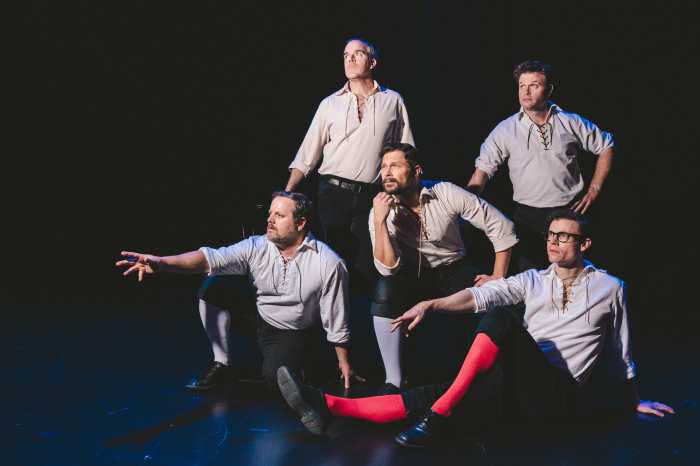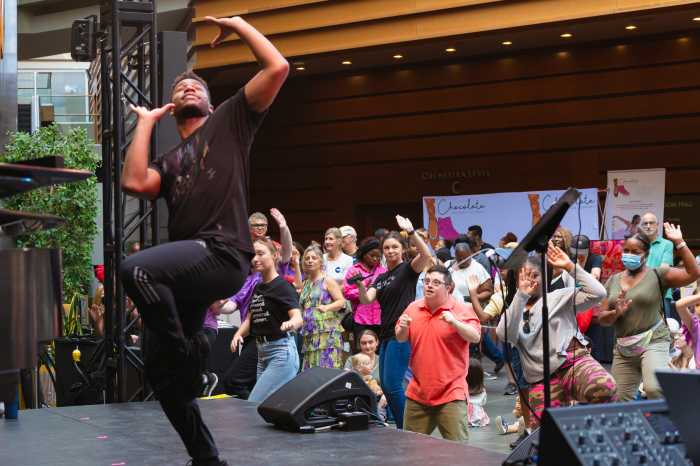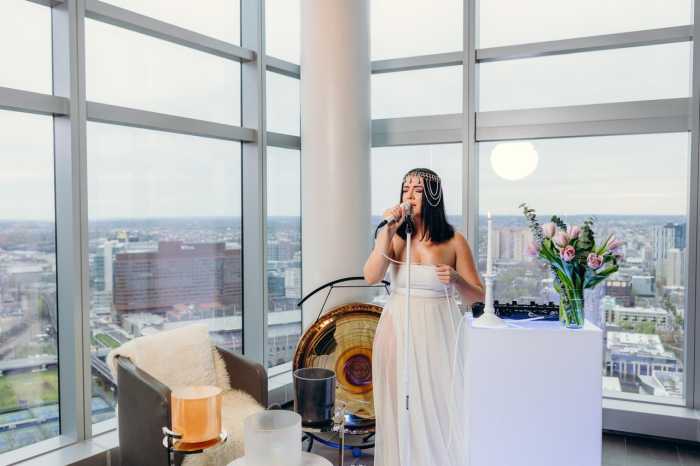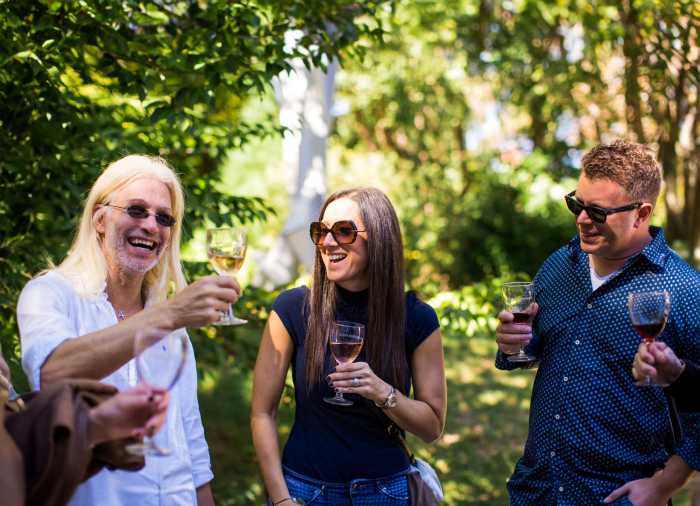The Philadelphia Orchestra has freshened up the tone and tenor of its strings.
Its highly anticipated 2023 schedule includes millennial-age artists and concepts, starting with Chinese classical pianist Yuja Wang, 35, performing “Rachmaninoff 150” on Jan. 26 and 27 and South Korean pianist Seong-Jin Cho, 28, working out Brahms’s Piano Concerto No. 2 on Jan. 19 to 21.
There is also the re-instatement of the Philadelphia Orchestra’s free, digital, YouTube video series, “Our City, Your Orchestra,” starting Jan. 15.
Then, there is Grammy-winning classical violinist Augustin Hadelich, 38, and conductor Roderick Cox, 32, tackling the Ravel + Radiance program of John Adams’ Dr. Atomic Symphony, Sibelius’ Violin Concerto and Ravel Suite No. 2 from Daphnis and Chloé on Jan. 13 and 14.
Hadelich, in particular, plays as much new music repertoire as he does the classics, drops albums on Warner Records – like his new release, ‘Recuerdos’ — and has a very active YouTube channel and a TikTok.
Hadelich began playing the violin at age 5 alongside his cello-playing father and brother.
“Everyone was singing and playing. I didn’t know what the violin was, but I just wanted to play with them as well,” recalls Hadelich. “We couldn’t all be cellists, though, so that’s how I got stuck with the violin. When you first start playing the violin, you don’t sound very good – it’s a hard instrument with which to start – but what you hear what the instrument can do, and how beautiful it can sound, how much it sounds like a human voice, that is when it became my favorite instrument.”
Famous first for his recordings of ‘Haydn’, what draws Hadelich to composers such as Britten, Prokofiev and Sarasate is often as practical as it is whimsical.
“When I did ‘Haydn’ for the Nexos label, it really was all about what that label didn’t have in its catalog, yet,” says the violinist. “And those particular Haydn concertos were meaningful to me. Going forward, I sought to make albums based on programs that were more interesting to me…. When we create concerts, we look for variety. What really makes a live program come to life is when you perform pieces alongside each other that are wildly different – different eras, different composers. For a time, that was difficult to do on recordings, but when I started making records, at a time of transition when music was being sold online and streaming, suddenly you could make any program you wanted.”
With that, Spotify is often the friend of classical musicians such as Hadelich who choose to mix vibes and composers like a DJ would moods and rhythms.
“That excited me, and from there I made some crazy, unexpected programs – a French program with Russian composers, a tango program that is all over the place, or modern paired with older concertos.”
Hadelich explains how making albums can be both a streaming entity whose tracks will be plucked at random, as well as crafting albums as a listening experience in their totality.
“Making classical albums as such need to work in different, equally satisfying ways,” he says. “We have to adapt with the times. I’m just happy that people are listening.”
Now Hadelich brings his talents to the legendarily Philadelphia Orchestra, something he says is a dream come true.
“Philadelphia Orchestra is one of the greatest, and it’s always a joy and a challenge, and the Sibelius’ Violin Concerto is quite virtuosic,” says Hadelich. “It is one where the violinist is the hero of the story, in a superhero struggle against so many opposing forces. With its orchestration being so evocative, that is what it feels like to play it as well. It is so colorful.”
For more information and a complete schedule of performances, visit philorch.org




























